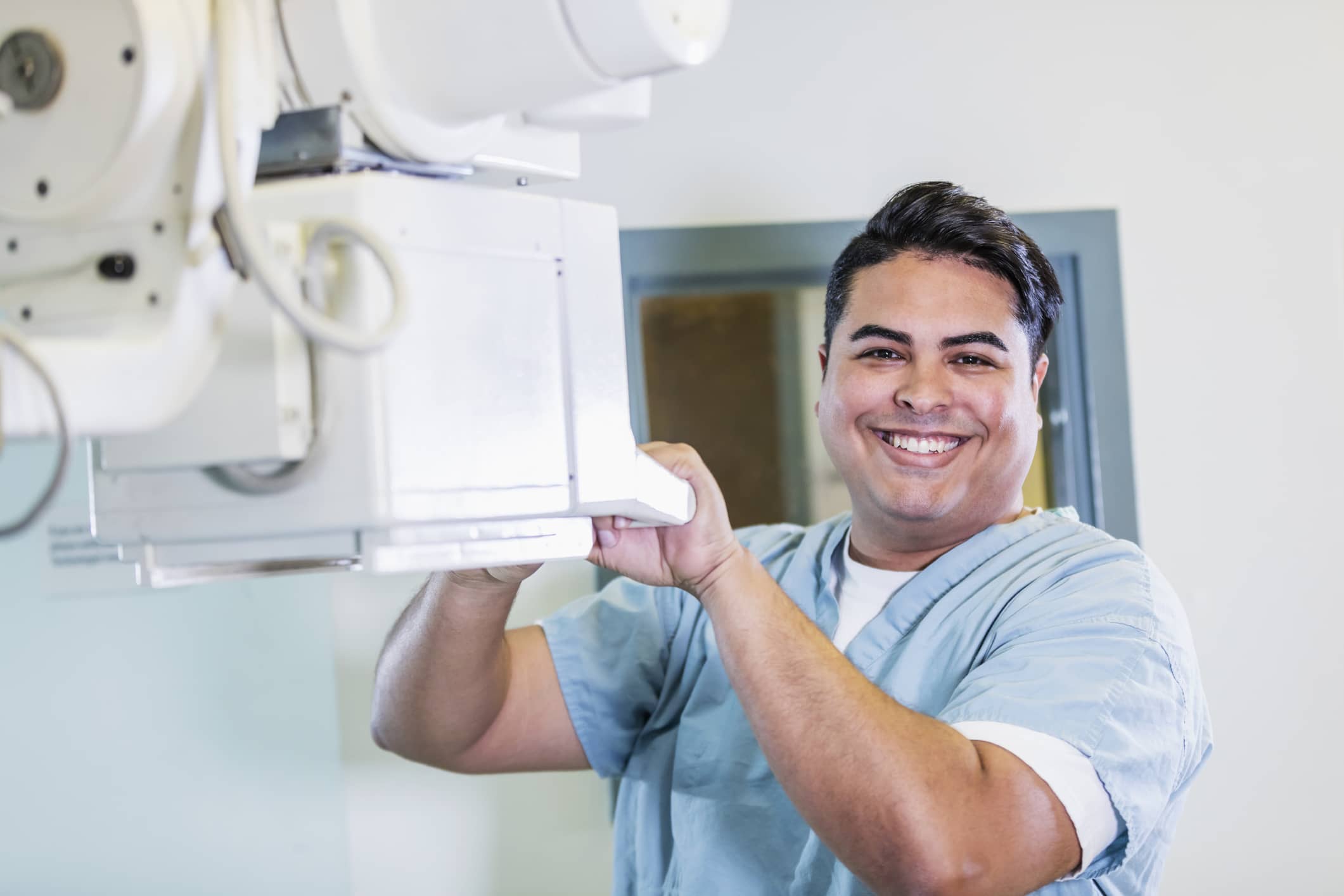
Physical Therapy Compact a Big Plus for Home Healthcare
The growing shortage of physical therapists could have a big impact on home healthcare, where PTs play a vital role, especially in helping to keep people with chronic conditions at home and out of the hospital.
Supply and demand models for physical therapists predict a possible shortage of 26,560 by 2025, according to the American Physical Therapy Association. Recent employment projections by the Bureau of Labor Statistics showed that there will be about 18,000 job openings per year for physical therapists from 2016-2026.
How PT Compact Helps Home Healthcare
According to the Bureau of Labor Statistics, home healthcare is the fastest growing industry in the country because of our country’s aging population and the recognition that home health can provide greater patient satisfaction and outcomes while controlling costs. An expanding initiative for multistate practice privileges for physical therapists could provide significant benefits for the home healthcare companies and the patients they treat. The Physical Therapy Licensure Compact is a state-based initiative dedicated to reducing regulatory barriers to interstate practice for PT professionals. Thus far, 21 states have joined the PT Compact, with three that went live on July 9, 2018.
The PT Compact can dramatically improve flexibility for Physical Therapists and Physical Therapist Assistants, and for home healthcare companies, where PT services are a critical part of patient care. Nationwide compacts for licensure are also underway for nurses and physicians.
With chronic heart, lung and other conditions becoming more common, along with the incidence of people with multiple chronic diseases, the need for physical therapy as part of home healthcare is becoming much more important. Therapists keep people with chronic conditions out of the emergency room and the hospital bed by improving or maintaining their mobility, promoting healthy lifestyle changes, and monitoring disease symptoms.
Under the Physical Therapy Licensure Compact, Physical Therapists and Physical Therapist Assistants that already have a license in one state -- and no disciplinary action on their license within the last two years -- can apply to the Compact commission for a privilege to practice in another state, rather than jumping through hoops to apply for separate licenses in each state where they intend to practice. Both the state where PTs and PTAs hold the license and any other states where they want to apply for a compact privilege must be participating in the compact. As of the end of September 2018, six states took part in compact privileges, though many more states were expected to join soon.

AMN Helps PTs Get Multistate Privileges
AMN Healthcare is taking action to help home healthcare and other care providers and their patients get the physical therapy services they need. AMN has launched a major campaign to assist those physical therapy professionals who are seeking multistate privileges through the PT Compact. The company will underwrite the application fees for AMN PTs and PT assistants who desire to work in one of the Compact states.
The Compact replaces the traditional system of requiring PTs to be separately licensed in each state where they practice -- a time-consuming process that has long hampered their ability to take up residence and begin working in another state or to travel across state lines to provide care.
Multistate privileges are a win for all involved. Patients will have greater access to quality care, clinicians will have more mobility and new career opportunities, and healthcare organizations, including home healthcare providers, can have access to larger numbers of qualified professionals. The multistate compact could also help rural areas, where shortages of all types of therapists are particularly acute and demand for their services is high. AMN data shows that demand is twice as strong relative to supply for rural areas when compared to urban areas.
The decision by AMN Healthcare to fund the application is a contribution to advancing the growth of the PT Compact, which the company sees as another positive step toward national licensing for many healthcare professionals. Through this effort, AMN is helping healthcare organizations achieve greater flexibility in clinical staffing and supporting PTs themselves in achieving their professional and personal goals.



